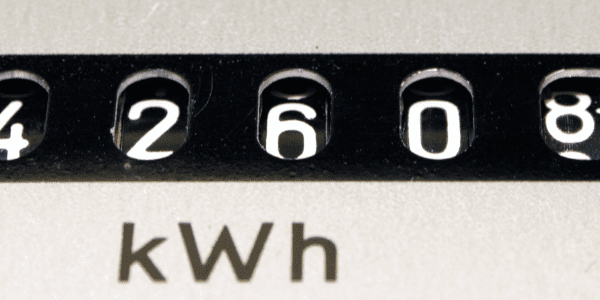
Maverick, Ice Man, and Viper
Pilots are the superstars of the flying world. Pilot efficiency programs, on the other hand, are a much less known, but equally awesome, superstar of the energy efficiency world.
What is a Pilot Program?
Unfortunately, pilot programs in the energy efficiency world are nothing like fighter pilots. They are instead, small, targeted offerings used to test (or pilot) a new energy efficiency program design or technology. Pilots can be used, not only to test new ideas, but also for tweaking existing programs. For example, pilots can be used to test whether smart thermostats save energy in a small group of medical clinic facilities and to determine if savings similar to other customers are achievable.
Why run a Pilot Program?
Pilot programs offer several advantages versus their fully planned and budgeted brethren.
- They are small, nimble, and often extremely focused. These characteristics make them easy to measure and evaluate for success.
- Customers are engaged. Pilot program participants are not run-of-the-mill appliance customers looking for free money. If a pilot program is targeting a new technology, participants are likely early adopters of the technology. Early adopters are usually very interested in the success of the technology. They want to talk about it, and they want to brag about it to their peers and friends. Many customers of pilot programs are also more than willing to provide useful feedback about how a widget or program is working.
- Reduced regulatory requirements. Due to the small size and the inherent R&D nature of pilots, many states do not require pilots to be cost effective. Increased flexibility allows for more testing and data collection, which can translate to a more successful program when launched full scale. However, if utilities want to claim savings for pilot programs, the savings almost always have to be verified by the evaluator.
- It helps utilities learn! Pilot programs offer a great opportunity to learn about customers. Which customers are most engaged with this type of program? What motivates them to participate the most? How can we apply this lesson to another program?
Top Gun!
Running a pilot is always a learning experience. Program and portfolio managers should always be on the lookout for ways to improve program offerings for rate payers. Piloting different programs can provide a small scale, focused way to test ideas and move a portfolio to the top of the class.





